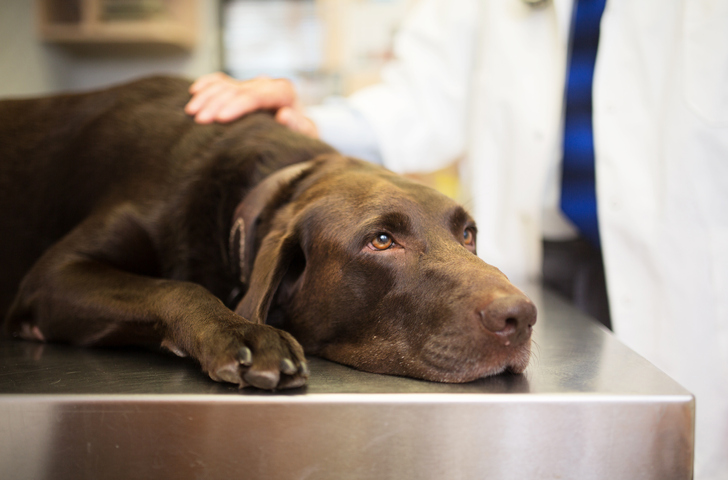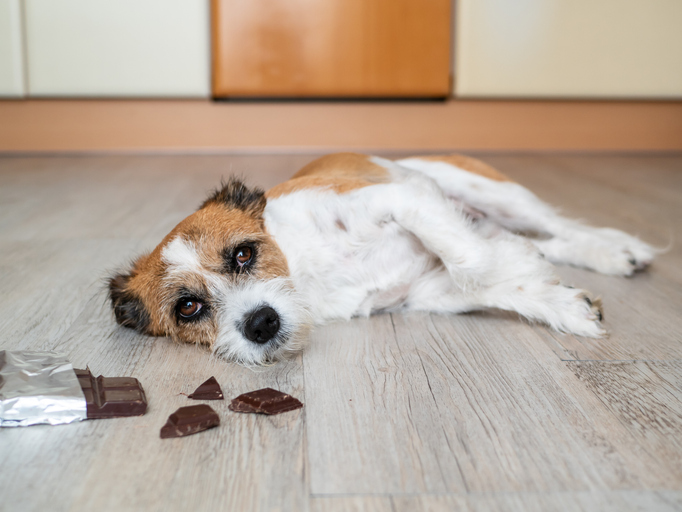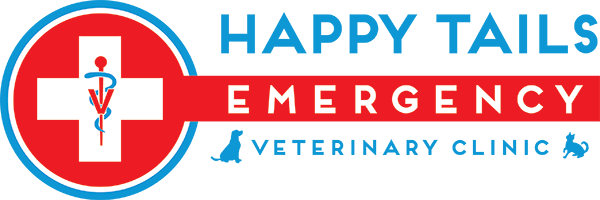Tips for Pet Poison Prevention in Greensboro, NC

Pet poison prevention is important for all owners to know and understand about the dangers of pet poisoning and how to prevent it. Thousands of pets fall ill or even die each year from ingesting toxic substances found in everyday household items. Pet owners must be vigilant in keeping their furry friends safe from these dangers.
Common Household Items That Can Be Toxic to Pets
Many everyday items found in our homes can be toxic to pets, including cleaning products, medications, plants, and certain foods. Some examples of common household items that can be toxic include:
- Cleaning products such as bleach, laundry detergent, and dish soap
- Medications such as ibuprofen and antidepressants
- Plants such as lilies, daffodils, and sago palms
- Foods such as chocolate, grapes, and raisins
It is important to be aware of these common household items and take the necessary precautions to keep them out of reach of pets. Always consult with a veterinarian or a pet poison control hotline if you suspect your pet has ingested something toxic.

Symptoms of Pet Poisoning
Symptoms of pet poisoning can vary depending on the type of toxin ingested, but some common signs include vomiting, diarrhea, lethargy, seizures, and difficulty breathing.
- Vomiting: A common sign of pet poisoning, especially if it is recurrent.
- Diarrhea: Can be caused by a wide range of toxins and can lead to dehydration.
- Lethargy: Loss of energy and interest in usual activities.
- Seizures: Can be caused by specific toxins and can be severe.
- Difficulty breathing: Can be caused by certain toxins and can be serious.
- Immediate action: If you notice any of these symptoms in your pet, you must seek veterinary care immediately.
If you notice any of these symptoms in your pet, you must seek veterinary care immediately.
Steps to Take If You Suspect Your Pet Has Been Poisoned
If you suspect your pet has been poisoned, acting quickly is essential. Some steps you can take include:
- Call your veterinarian or a pet poison control hotline for guidance
- If possible, collect a sample of the substance your pet ingested and bring it to the veterinarian
- Keep your pet calm and still while you wait for veterinary care
Gathering a sample of the ingested substance and keeping your pet calm and still can also aid in the treatment process. Remember, time is of the essence when it comes to pet poisoning, so don’t hesitate to seek help.
Prevention Tips to Keep Your Pet Safe
The best way to protect your pet from poisoning is to prevent it from happening in the first place. Some prevention tips include:
- Keep all toxic substances out of reach of pets, including medications and cleaning products
- Research the plants in your home to ensure they are not harmful to pets
- Keep a list of emergency contact numbers, including your veterinarian and a pet poison control hotline, in a visible location
Keeping toxic substances out of reach, researching plants in your home, and having emergency contact numbers easily accessible can help ensure your pet’s safety. Always be vigilant and proactive to prevent poisoning and keep your furry friend healthy and happy.
Long-term Effects of Poisoning
The long-term effects of poisoning can vary depending on the type of toxin consumed and the severity of the exposure. Some common long-term effects include liver and kidney damage, neurological problems, and chronic health issues.
Pets poisoned may also be at a higher risk of developing certain cancer types. It is essential to be aware of these potential long-term effects and to monitor your pet’s health closely after a poisoning incident. It is also essential to consult with your veterinarian about any ongoing treatments or monitoring that may be necessary to ensure your pet’s well-being.
Safe Storage of Toxic Substances
Safe storage of toxic substances is crucial to preventing pet poisoning. This includes keeping all harmful chemicals, medications, and cleaning products out of reach of pets and ensuring that all hazardous materials are properly labeled and stored in secure, child-proof containers. It’s also important to be aware of the potential dangers of everyday items such as plants, certain types of food, and certain toys that might be toxic to pets.
Keeping a close watch on the items, you bring into your home and being mindful of what your pet might be able to access can help prevent accidental poisoning. Proper storage and safe handling of toxic substances can also contain other accidents, such as fire and chemical spills.
Resources for Further Information and Assistance For Pet Poison Prevention
A couple resources are available if you suspect your pet has been poisoned or have questions about pet poison prevention. Some of these include:
- Pet Poison Helpline (800-213-6680)
- Your veterinarian
You should first call the Pet Poison Helpline and then call a veterinarian after you have spoken with a toxicologist.
Conclusion
If you suspect your pet has been poisoned, it is essential to act quickly and seek guidance from a veterinarian or pet poison control hotline. Gathering a sample of the ingested substance and keeping your pet calm and still can also aid in the treatment process. Remember, time is of the essence when it comes to pet poisonings, so don’t hesitate to seek help.
If you have a question about poison prevention or your pet is in need of emergency care, please call us at (336) 288-2688. Our team here at Happy Tails Emergency Veterinary Clinic is more than happy to assist you!
Recent Posts
About Us
At Happy Tails Veterinary Emergency Clinic in Greensboro, NC, our kind and knowledgeable team is available to provide gold standard emergency vet care for you and your pet. We’re available in the late night and early morning hours during the week, and 24/7 on weekends for your convenience.
